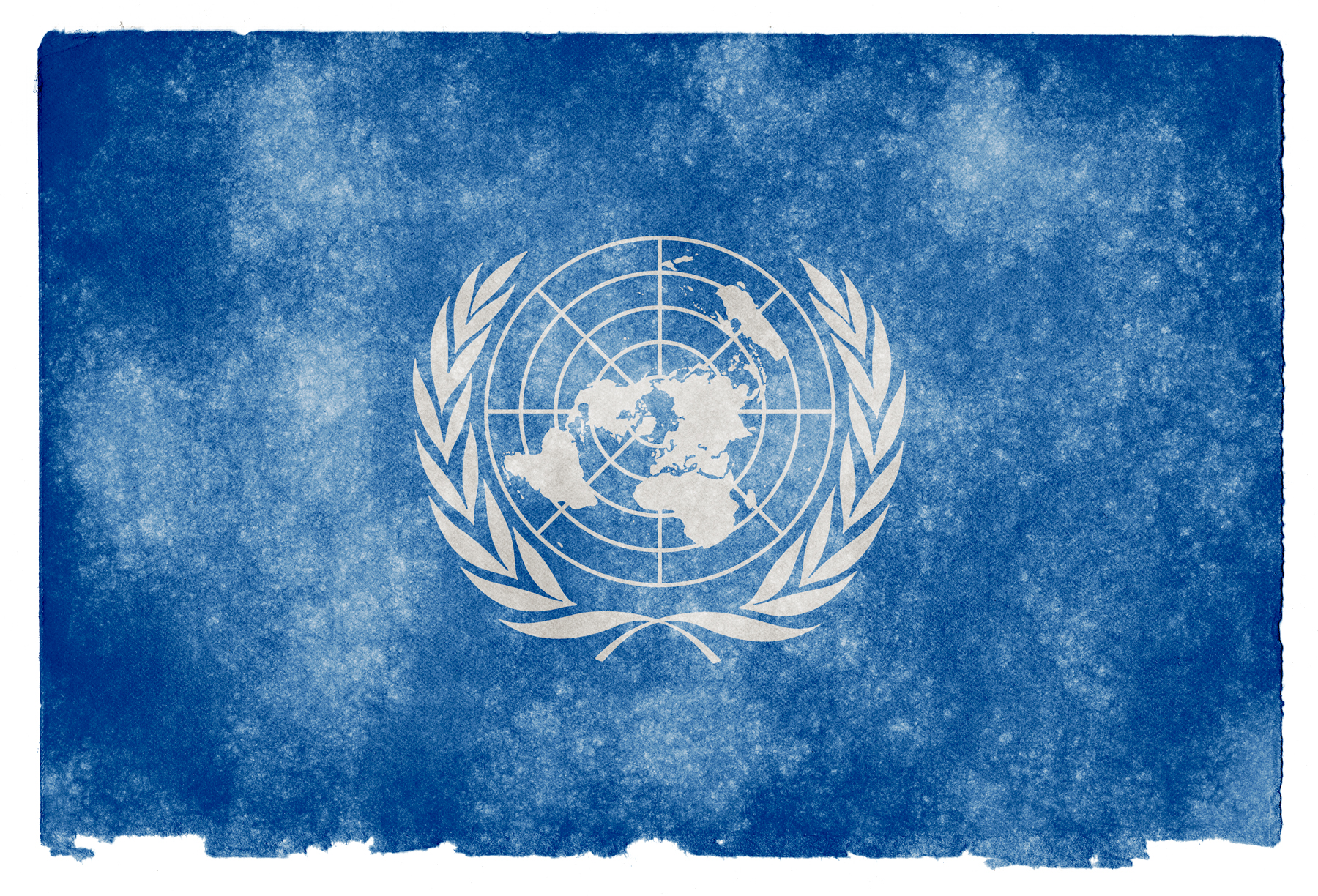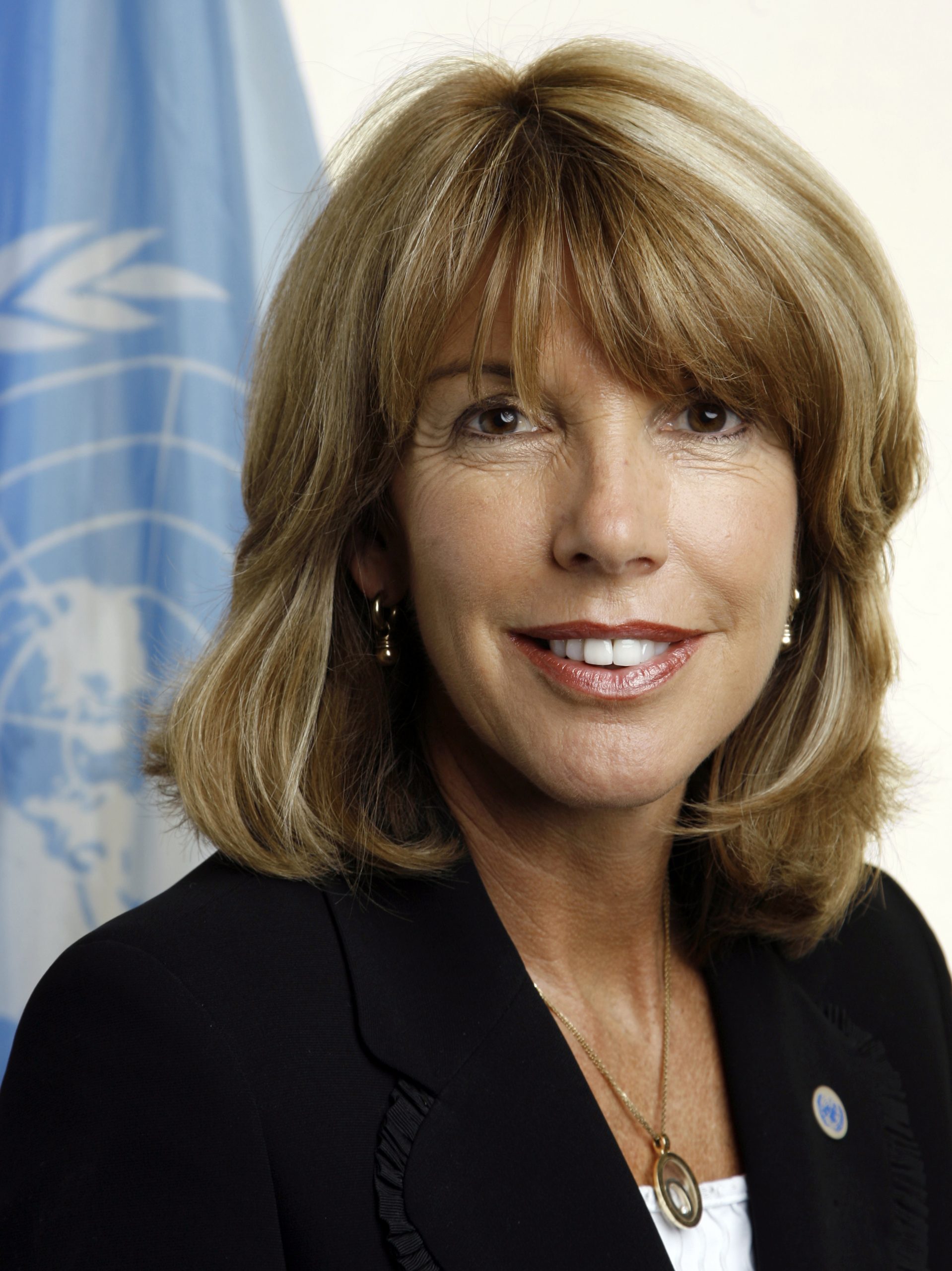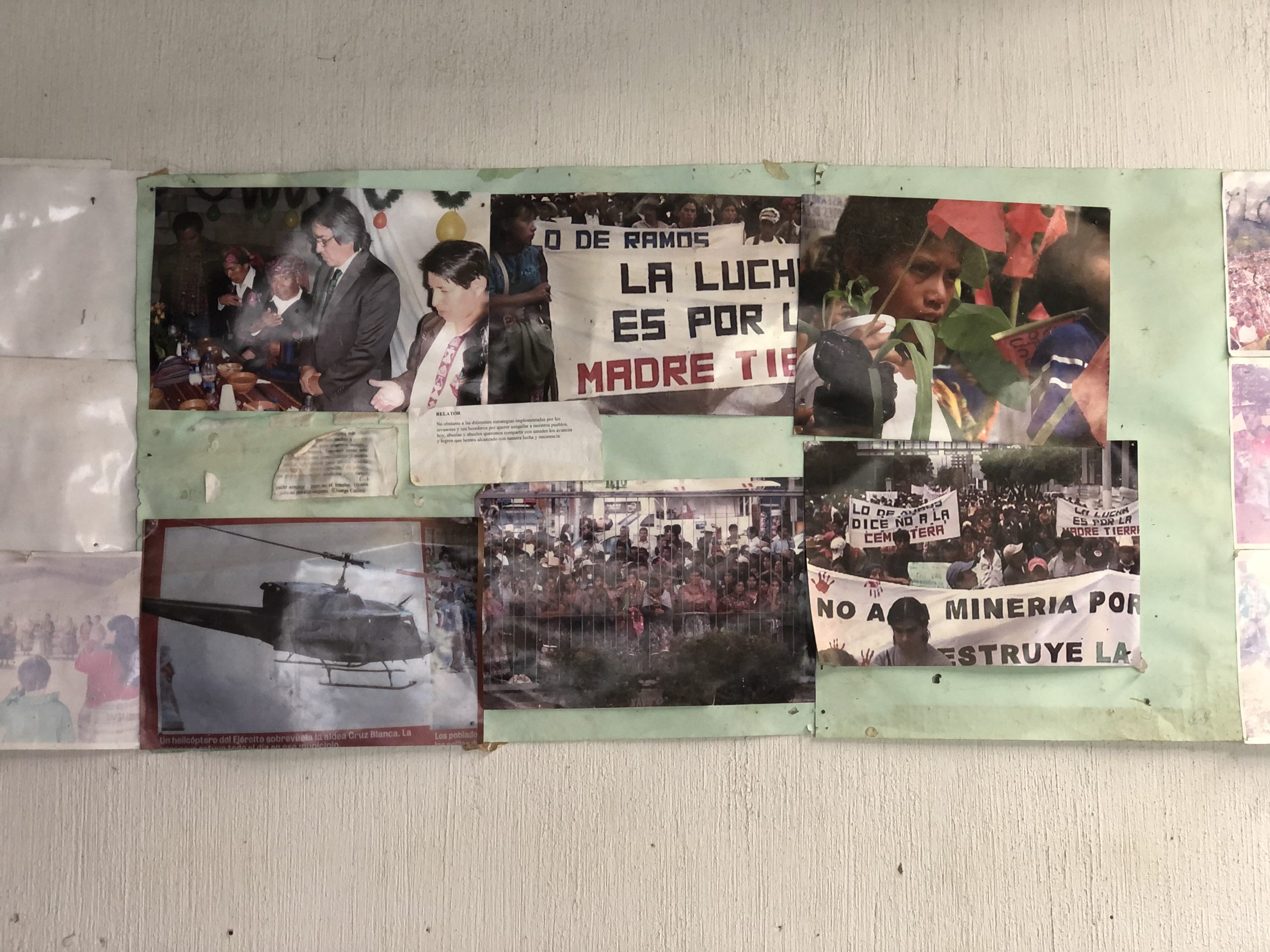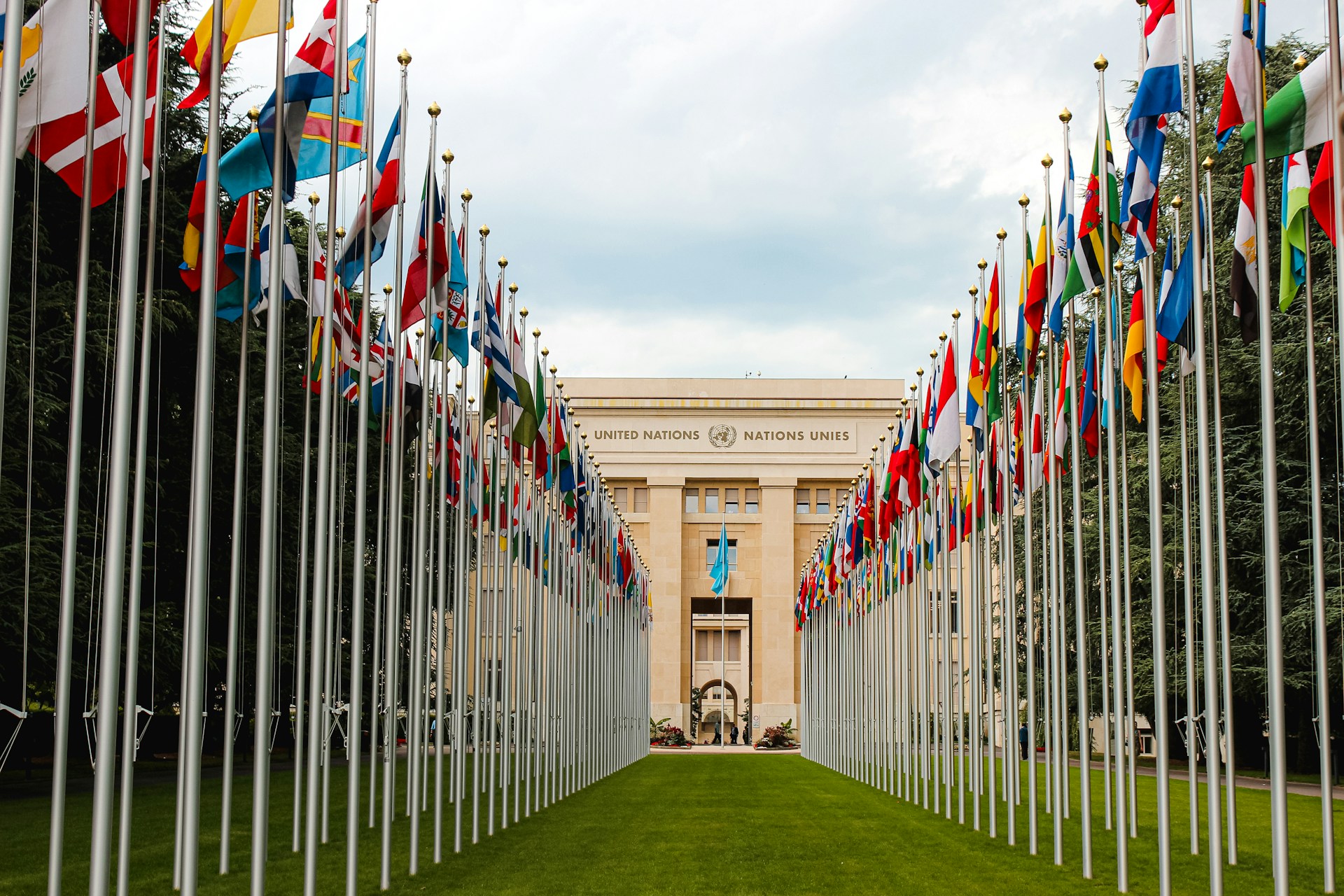(Geneva, 20 September 2013) – The spirit of the Vienna Declaration and Program of Action infuses every Council session, reminding us to be ever mindful of the need to respond to human rights challenges and crises, as well as to defend the universality, indivisibility and interdependence of all human rights. Pursuing the vision of the VDPA includes strengthening a pluralistic civil society and twenty years after the adoption of this milestone in the human rights movement, the promotion and protection of civil society space is more crucial than ever.
 The work of civil society goes far beyond the promotion and protection of human rights and embraces a myriad of actors and issues. Civil society operates at all levels: local, national, regional and international. Whether it is a local sports club, social media activists, volunteers providing assistance during or after a natural disaster, a charity working with discriminated groups or a trade union working on labour relations, a strong, independent and pluralistic civil society empowers and invigorates communities, provides a voice to the powerless and contributes to good governance.
The work of civil society goes far beyond the promotion and protection of human rights and embraces a myriad of actors and issues. Civil society operates at all levels: local, national, regional and international. Whether it is a local sports club, social media activists, volunteers providing assistance during or after a natural disaster, a charity working with discriminated groups or a trade union working on labour relations, a strong, independent and pluralistic civil society empowers and invigorates communities, provides a voice to the powerless and contributes to good governance.
Participation of civil society in the Human Rights Council is vital to the work of the Council, not only because diversity and plurality of opinions ensure richer and in-depth discussions, but because civil society is a positive partner for Governments in addressing and resolving challenges that are important to society as a whole. Engaging with States and experts in this space is an integral part of that partnership and we all have an obligation to ensure that engagement takes place without intimidation or reprisal.
Civil society space is not an abstract idea, nor does it assign new or additional rights to any individual; it is, essentially, the environment in which civil society operates. It is concerned with domestic legal and administrative provisions, and their application, which facilitate freedom of peaceful assembly, association, opinion and expression. A failure by States to promote and protect civil society space and ensure a safe and enabling environment, free from hindrance and insecurity, in law and in practice, undermines not only the VDPA, but existing commitments and obligations under international human rights law. States can create positive conditions through legislation and regulation that support the role of civil society and encourage citizens’ participation. However, the introduction of legal, administrative and other restrictions in many countries has reduced or repressed the positive partnership role that civil society can play with Governments. The shrinkage of civil society space is a challenge for governments to realise the potential of civil society as a bridge between the State and society. The promotion and protection of all human rights is undermined if civil society space is not protected.
It is in this context that Ireland, together with Chile, Japan, Sierra Leone and Tunisia, has tabled a draft resolution at this session entitled “Civil society space: Creating and maintaining, in law and in practice, a safe and enabling environment”. This draft resolution examines the issue of civil society space as a human rights concern, and is not limited, therefore, to the role of civil society in the promotion and protection of human rights. The work of civil society is not restricted to the promotion and protection of human rights; it includes work on countless issues which fulfil the purposes and principles of the United Nations. We believe that it is essential that the Council address this issue directly, and the resolution we have put forward for consideration by the Council, in addition to setting the context in a concise way, proposes to convene a panel discussion, at the twenty-fifth session, on challenges facing States in their efforts to ensure space for civil society and lessons learnt and good practices in this regard.



 The work of civil society goes far beyond the promotion and protection of human rights and embraces a myriad of actors and issues. Civil society operates at all levels: local, national, regional and international. Whether it is a local sports club, social media activists, volunteers providing assistance during or after a natural disaster, a charity working with discriminated groups or a trade union working on labour relations, a strong, independent and pluralistic civil society empowers and invigorates communities, provides a voice to the powerless and contributes to good governance.
The work of civil society goes far beyond the promotion and protection of human rights and embraces a myriad of actors and issues. Civil society operates at all levels: local, national, regional and international. Whether it is a local sports club, social media activists, volunteers providing assistance during or after a natural disaster, a charity working with discriminated groups or a trade union working on labour relations, a strong, independent and pluralistic civil society empowers and invigorates communities, provides a voice to the powerless and contributes to good governance.
